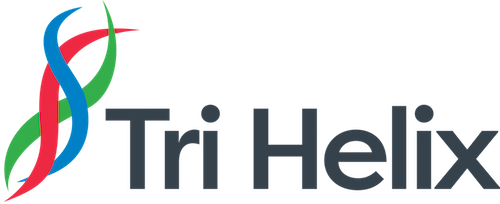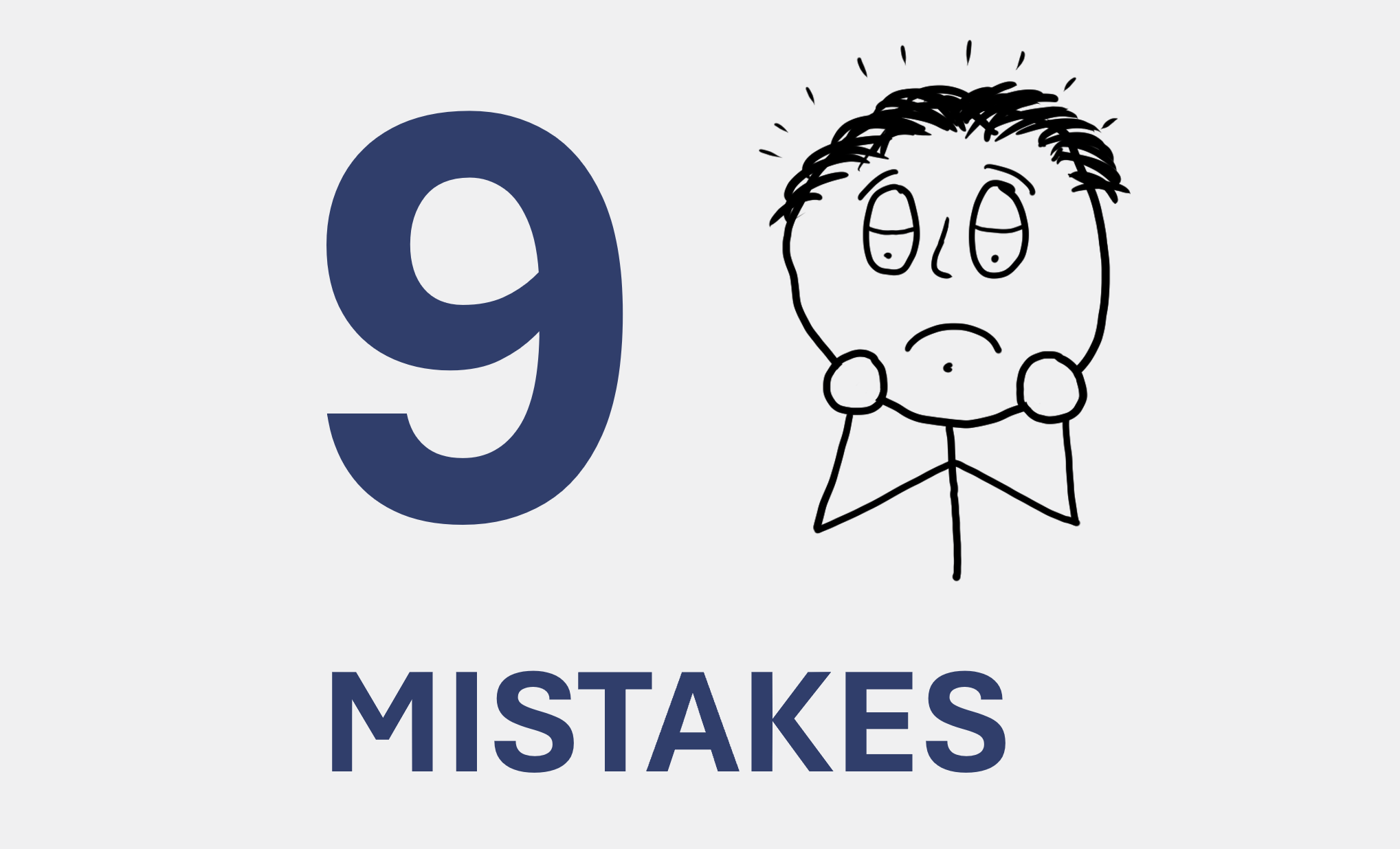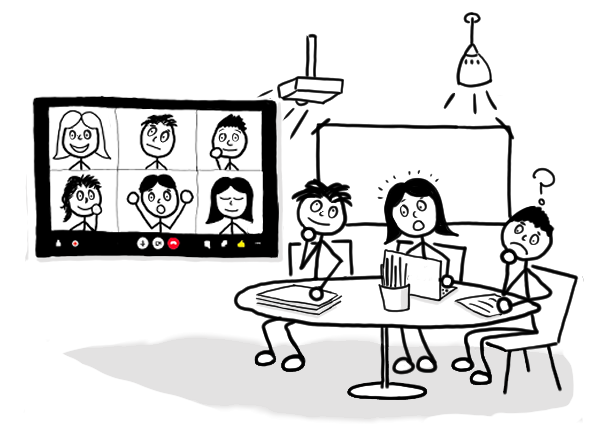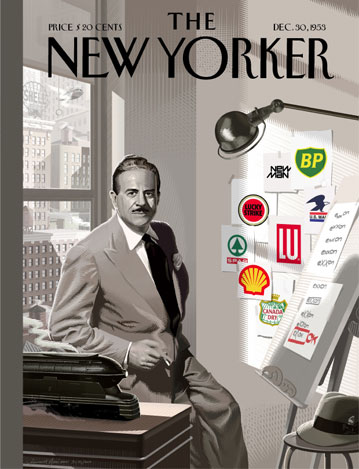How we can help...
We work with your team and upskill them to deliver the critical conversations required at the right time to realise the improvement within your organisation.
We specialise in virtual, hybrid and face-to-face collaboration
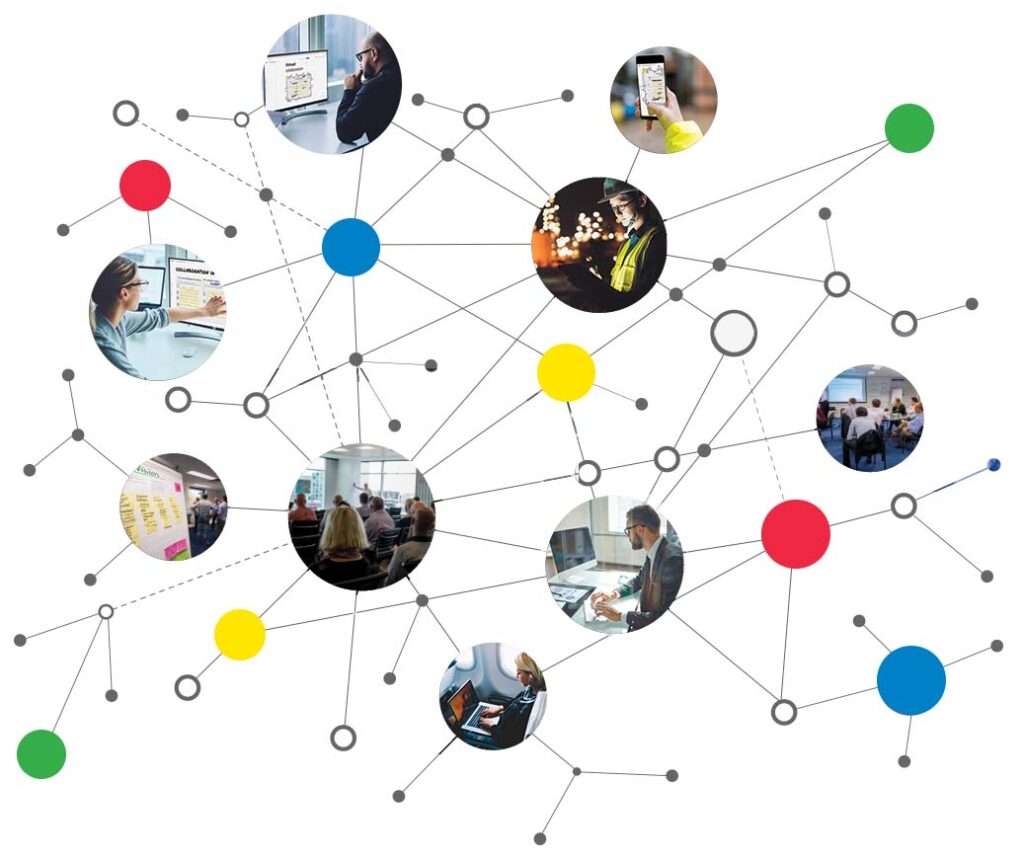
Success Formula
The success formula describes the relationship between the various types of conversations
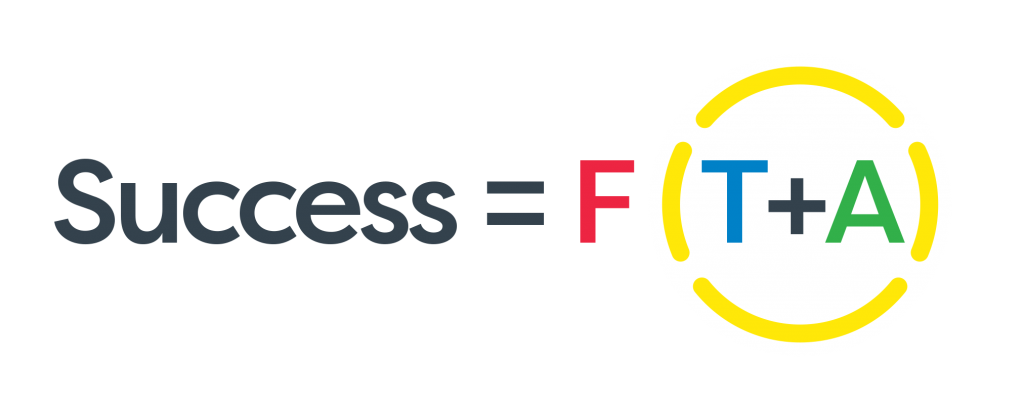
Facilitation is fundamental and not just an additional component. It influences and amplifies openness, technical and acceptance work.
The better the facilitation work the better the openness and conversations amongst the team, leading to improved solutions, technical outcomes and levels of acceptance.
As shown in the formula, effective facilitation fosters openness around the technical and acceptance work.
This openness allows people to think differently – to look for better solutions by applying a growth mindset, being inspired and generating ideas.
This openness work prevents a team coming up with the same answers to the same problems. The facilitation work also builds acceptance of the technical work in people’s hearts and minds.
For example, as a team, have you ever:
- Written a document that no one read?
- Created a detailed plan that was not followed?
- Introduced a process that was rejected?
How successful was your team?
These simple examples share the importance of acceptance.
The truth is that, without acceptance, success is impossible. Hence, it can never be assumed to exist.
Team success requires us to work in four distinct areas
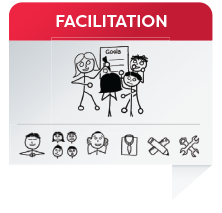
Facilitation
Bring the best out of people by amplifying the openness and acceptance of technical work in people’s hearts and minds. To be self-aware, genuinely care about the team and prepare for and deliver meaningful and productive conversations that are safe, open and non-judgemental. This skill set that can be learnt.
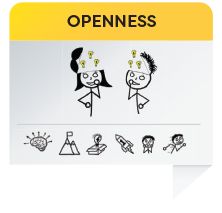
Openness
Go beyond the obvious. To make a difference. To challenge, sharpen and redirect thinking towards provocative and radical ideas. Make problem solving creative, fun and repeatable. Establish a desire to change, by being motivated and learning from others. Harness the collective knowledge of a group and funnel their thinking to deliver an agreed, prioritised set of actions.
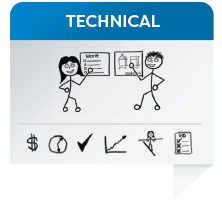
Technical
Deliver the tangible outputs from the work. To plan, organise, secure and manage resources to ensure successful completion of goals and deliver the scope as promised. To take an idea from start to finish and realise the benefits in the business.

Acceptance
Establish urgency and commitment to ensure all the technical work is undertaken meaningfully and accepted in people’s hearts and minds at a sub-conscious level. To bring people together from different backgrounds and cultures to share knowledge, experience and combine their efforts to solve problems.
Framework
We bring creative solutions to our clients
The Team Success Framework describes graphically the four conversations types, with subsequent topics. Its starts with the Team Success Formula describing the importance of facilitation and its relationship to openness, technical and acceptance.
Flowing out of the Team Success Formula are eight sub-elements describing the topics of conversations. The topics begin with facilitation work and being organised, then openness work designed to foster a growth mindset, inspiration, and ideation.
Next, there is the technical work around projects and improvement. And, finally, the acceptance work focused on building ownership and collaboration.
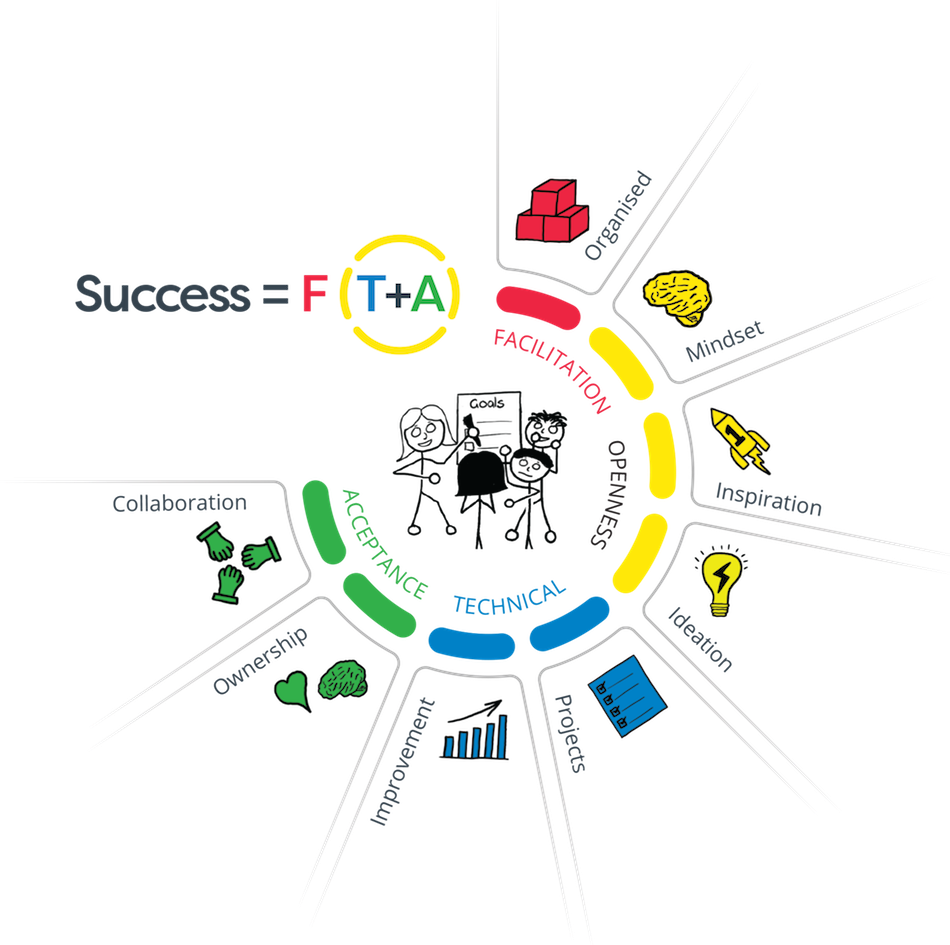
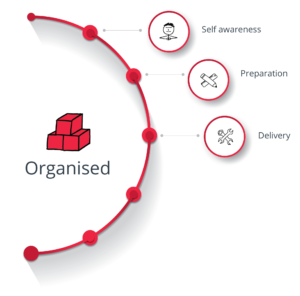
“Being organised amplifies the openness and acceptance of the echnical work in people’s hearts and minds.”
Being organised underpins the facilitation work which amplifies the openness and acceptance of the technical work in people’s hearts and minds. Being organised is a skill set that can be learnt and is fundamental to leading productive conversations.
1 of 8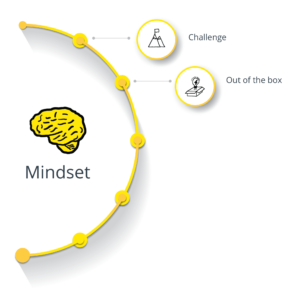
“Challenge your mind to sharpen and redirect your thinking to generate out of the box, provocative and diverse ideas.”
A growth mindset is fundamental to openness. It challenges your mind to sharpen and redirect your thinking to come up with new ideas and overcome obstacles. It also generates out of the box, provocative, exciting, diverse and radical ideas along with new perspectives and a sense of creative confidence.
2 of 8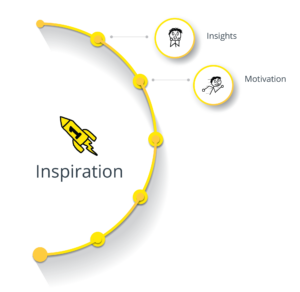
“Build a deeper understanding and desire to change, by being motivated and learning from others.”
Inspiration is fundamental to openness. Inspiration builds insights into making problem-solving creative, fun, practical, simple and repeatable. It also establishes a desire to change your game, by being motivated and learning from others.
3 of 8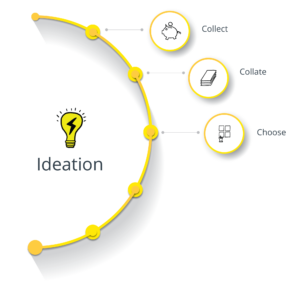
“Ideation broadens peoples view, build ownership, ensures ideas are not missed and shares accountability.”
Ideation harnesses the collective knowledge and experience of a group and funnels their thinking to deliver an agreed, aligned, concise, and prioritised set of actions.
4 of 8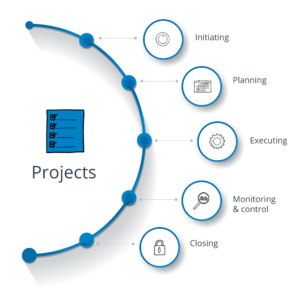
“Managing projects establish the benefits, confirms scope, resources, timing, and risks then deliver, monitors, and closes out the work.”
Projects describe the technical work needed to plan, organise, secure and manage resources to ensure successful completion of the goals and deliver the scope as promised.
5 of 8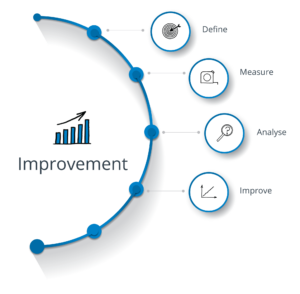
Business improvement takes opportunity from its start to finish with reaising its benefits within the business.
Improvement describes the technical work needed to take an opportunity from conception through to realising its benefits when institutionalised within the business.
6 of 8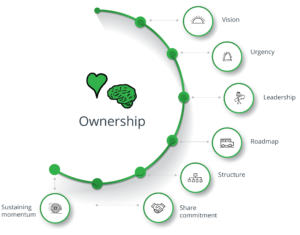
“Traditionally, we focus on the technical solutions and assume the solution will be accepted.”
Ownership ensures that all the technical work is undertaken meaningfully and accepted by everyone. It engages and excites people to be part of our work at a sub-conscious level.
7 of 8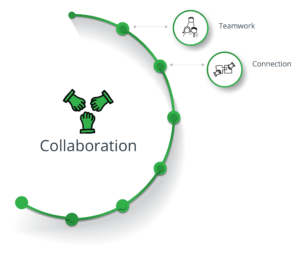
“Effective collaboration builds acceptance and is driven by honesty, trust and respect.”
Collaboration builds acceptance by ensuring that all the technical work is undertaken meaningfully by everyone. It brings people together from different backgrounds and cultures to share knowledge, experience and combines their efforts to solve problems.
8 of 8